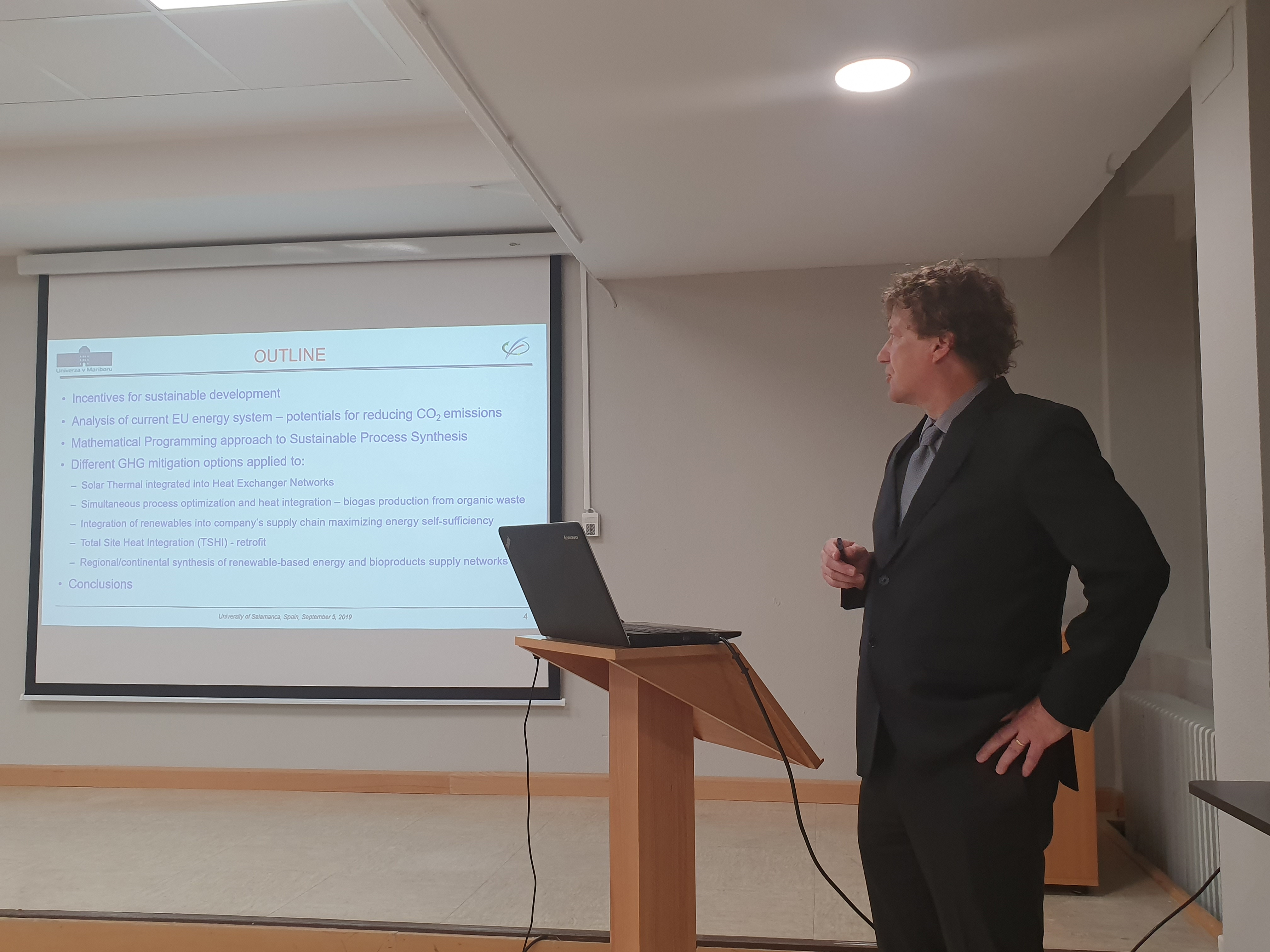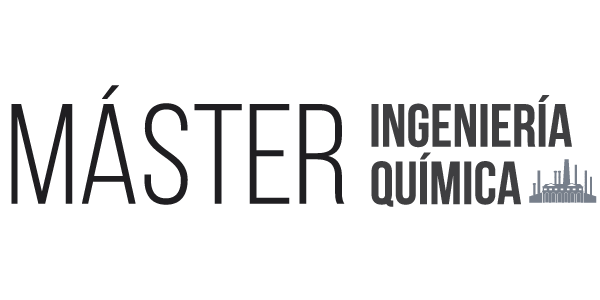
06 Sep MITIGATION OF GREENHOUSE GAS EMISSIONS IN PRODUCTION SUPPLY NETWORKS
En el Aula de grados, Facultad de Ciencias Químicas, 12:30 JUEVES 5 de Septiembre
Zdravko Kravanja, Lidija Čuček, Andreja Nemet, Žan Zore
Faculty of Chemistry and Chemical Engineering,
University of Maribor, Smetanova ulica 17, 2000 Maribor, Slovenia
ABSTRACT
The main ongoing efforts globally are directed towards reversing current unsustainable trends, especially those related to progressive depletion of resources and emissions. The ultimate goal would be to develop and implement a holistic approach to mitigate greenhouse gas (GHG) emissions from production supply networks and to affect the transition of current linear production/utilization systems to new circular value networks by simultaneously utilizing waste and reducing emissions.
The presentation will start by discussing main incentives for sustainable development. Then, different GHG mitigation options and possible contributions of Process Systems Engineering community will be discussed. Thermodynamic analysis of European Union energy sectors based on Pinch Technology will be presented to show energy saving potential as well as potential for related GHG emissions reduction. It will be shown that European and global anthropogenic energy systems are pinched, and that Pinch temperature is around 65 oC. Possible measures in order to move from pinched to threshold system will be discussed. They include improvements in i) efficiencies of utility transport, ii) energy efficiency within various energy sectors (intensification), iii) integration of different sectors, and iv) integration of renewable sources into production supply networks. Different case studies will be shown to illustrate the use of mathematical programming approach in regard to those measures including the synthesis of continental renewable-based supply networks for producing food, biofuels and electricity, applied to European Union. Sustainability Net Present Value is used as an objective to obtain appropriate trade-off solutions between economic efficiency, environmental protection and social justice.
The results from thermodynamic analysis show great potential for GHG emission reduction and that the necessary transition away from fossil-based production could be carried out in a sustainable way.

